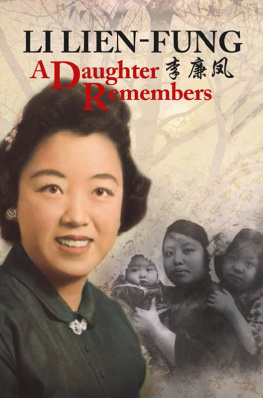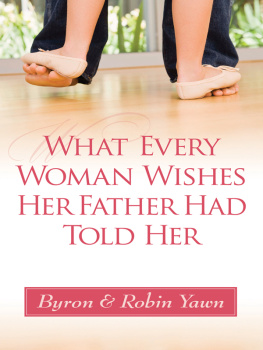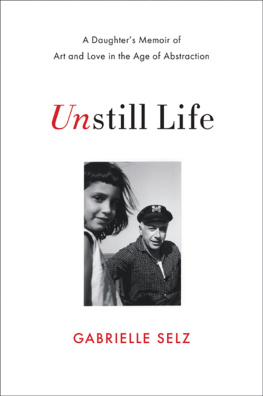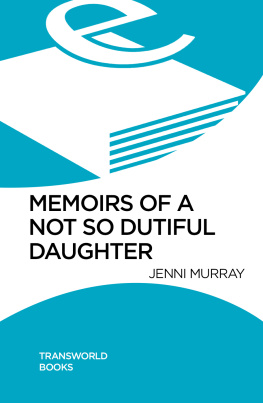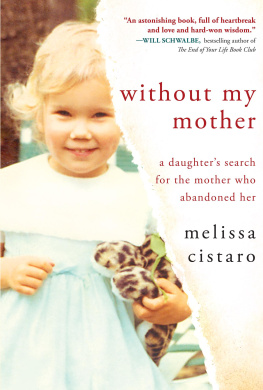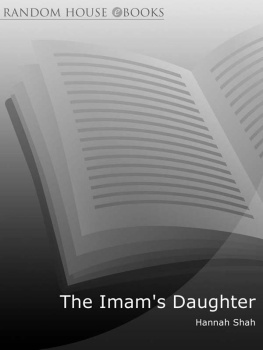A DAUGHTER REMEMBERS
IN SEPTEMBER 1923, A MAN IN HIS MID-THIRTIES WAS WALKING aimlessly in the woods at Haines Falls in Catskill Park, in upstate New York. He looked around at the autumn colors, but could only think of his past and his future.
Suddenly he saw two pieces of lingzhi, each the size of a round fan. Absent-mindedly he picked them up, took them home, and later carved on them many words.
That man was my father.
When I was born, he was in New York, U.S.A., and my mother was in Shanghai, China.
I had always wanted to know a little more about them.
___________________
Lingzhi (). Basidiomycota, a kind of fungi that is known as mushroom of immortality to the Chinese. It is reddish brown in color and shaped like a fan, hard on one side but smooth on the other.
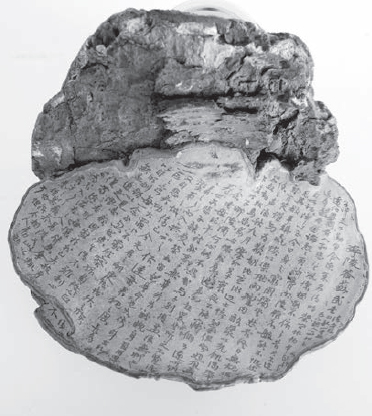
A view of the two pieces of lingzhi. On their surfaces can be seen my fathers copy of the letter An Answer to Su Wu.

Copyright 2011 Li Lien-fung
Project designer: Benson Tan
Supported by the National Arts Council, Singapore
Published by Marshall Cavendish Editions
An imprint of Marshall Cavendish International
1 New Industrial Road, Singapore 536196
All rights reserved
No part of this publication may be reproduced, stored in a retrieval system or transmitted, in any form or by any means, electronic, mechanical, photocopying, recording or otherwise, without the prior permission of the copyright owner. Request for permission should be addressed to the Publisher, Marshall Cavendish International (Asia) Private Limited, 1 New Industrial Road, Singapore 536196. Tel: (65) 6213 9300, Fax: (65) 6285 4871.
E-mail: genrefsales@sg.marshallcavendish.com
Website: www.marshallcavendish.com/genref
The publisher makes no representation or warranties with respect to the contents of this book, and specifically disclaims any implied warranties or merchantability or fitness for any particular purpose, and shall not be liable for any loss of profit or any other commercial damage, including but not limited to special, incidental, consequential, or other damages.
Other Marshall Cavendish Offices:
Marshall Cavendish Ltd. PO Box 65829, London EC1P 1NY, UK Marshall Cavendish Corporation. 99 White Plains Road, Tarrytown NY 10591-9001, USA Marshall Cavendish International (Thailand) Co Ltd. 253 Asoke, 12th Flr, Sukhumvit 21 Road, Klongtoey Nua, Wattana, Bangkok 10110, Thailand Marshall Cavendish (Malaysia) Sdn Bhd, Times Subang, Lot 46, Subang Hi-Tech Industrial Park, Batu Tiga, 40000 Shah Alam, Selangor Darul Ehsan, Malaysia
Marshall Cavendish is a trademark of Times Publishing Limited
National Library Board, Singapore Cataloguing-in-Publication Data
Li, Lienfung.
A daughter remembers / Li Lien-fung. Singapore : Marshall Cavendish Editions, c2011.
p. cm.
ISBN : 978-981-4302-77-7
eISBN : 978 981 4634 92 2
1. Li, Guoqin. 2. Li, Guoqin Family. 3. Businessmen United States Biography. 4. Chinese United States Biography. I. Title.
HC102.5
338.04092dc22 OCN746744125
Printed by Craft Print International Ltd
Dedicated to the memory of
my mother Luo Bu-ge () and my father Li Kuo-ching ().
ACKNOWLEDGMENTS
WRITING A BOOK THE FIRST TIME WAS FUN; TRANSLATING IT WAS A bore, and checking the finished manuscript was an absolute torture.
The following are some of my reasons.
1. I came to dislike my own writing more and more as time went by and wished I could re-write it.
2. As I grew older, I tended to lose whatever little skill I had acquired in my secondary language which, in this case, is English. I guess what the experts said about old age is right.
3. At the age of eighty-seven, going on eighty-eight, I preferred to knit and watch my DVD dramas at the same time than sit upright in front of a desk, typing out the letters on the keyboard.
4. Since the brightness of the computer screen strained my eyes, I preferred to mark up amendments directly on the print-outs instead of using the computer, and that, God knows, took more time and effort. The silly practise went on and on until I finally gave up and went back to the brightness of the screen and felt proud of being such a martyr.
5. I found it was more fun to have work done for me than by me.
I can go on and on with my excuses, but what I really wish to say is that this book cannot be published without Minfongs loving encouragement and, more importantly, her never-tiring efforts in correcting me, not just my English, but the events and time and places I wrote about, which she thought she knew and she remembered. Thanks to her, I almost re-wrote half of the book.
Thus, I take this opportunity to record my sincere thanks to my daughter Ho Minfong who put aside her own professional writing to help me.
Nor could the book be finished without my secretary Gillian Yangs repeated typing and numerous print-outs of the much corrected manuscript, in addition to her other official duties.
I also give my thanks to Violet and Mei Lin from Marshall Cavendish, who have patiently waited for this, to Fiona Goh who has given me guidance and courage and to NAC who gave me the grant to finish the book.
Frankly, I do not know why they were willing to put up with me.
Li Lien-fung,
August 2011.
INTRODUCTION
WHEN I WAS PREPARING THE TRANSLATION OF THIS BOOK FROM the original Chinese edition, , naturally I thought of calling it Two Pieces of Lingzhi which, as far as the meaning was concerned, was absolutely correct. But somehow it sounded like a recipe for an omelet, and not even an appetizing omelet at that. That was why I was overjoyed when my editors suggested changing it to A Daughter Remembers.
A daughter remembering was exactly how I felt as I meandered through the murky fog of my memory to find an answer to an issue which had perplexed me all my life: What were my parents really like? What did they mean to each other? What roles did they play in each others lives?
Unlike most people, I never, as a baby, had my father hold me in his arms and admire the intricacy with which God had created my ears. And unlike most young women, as I grew up, I never heard a word of motherly advice as I struggled through marriage and raised children. My parents were both there, somewhere in my life, but they were like two separate identities which appeared in different segments of time in my life.
As a matter of fact, I do not remember ever seeing my parents together.
And yet, in my own way, I seem to know both of them well, but never well enough to completely understand them. I knew my mother intimately when I was a child, but since I was young, I never thought of her as someone that could have feelings as an adult. My father was a complete stranger to me until I became a teenager. By then, we had both learned to mask our thoughts and feelings even though we could laugh, joke, gossip, and discuss business together. Only in my fathers later life did we, sometimes, learn to put aside these masks.
That is why, all my life, I have thought and wondered about my parents. In the last two years, as my own life is coming close to an end, I have tried to analyze them by sifting through my memories. This book, therefore, is not my autobiography, nor is it a biography of my father or my mother. It is how I remember them.

